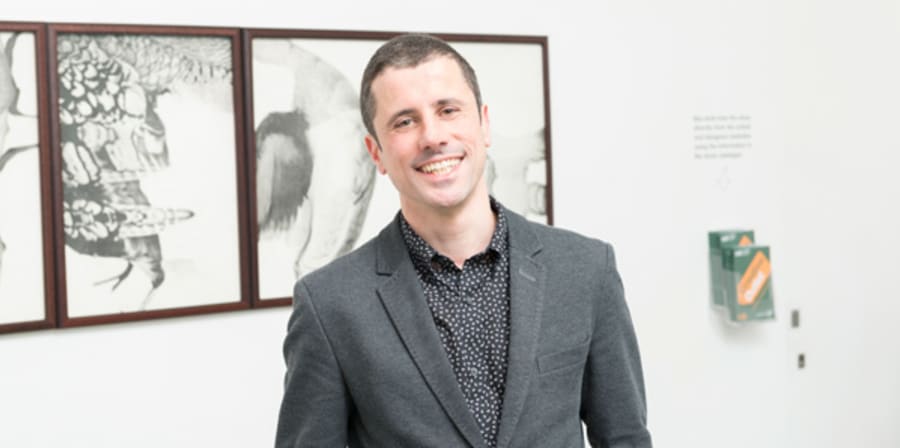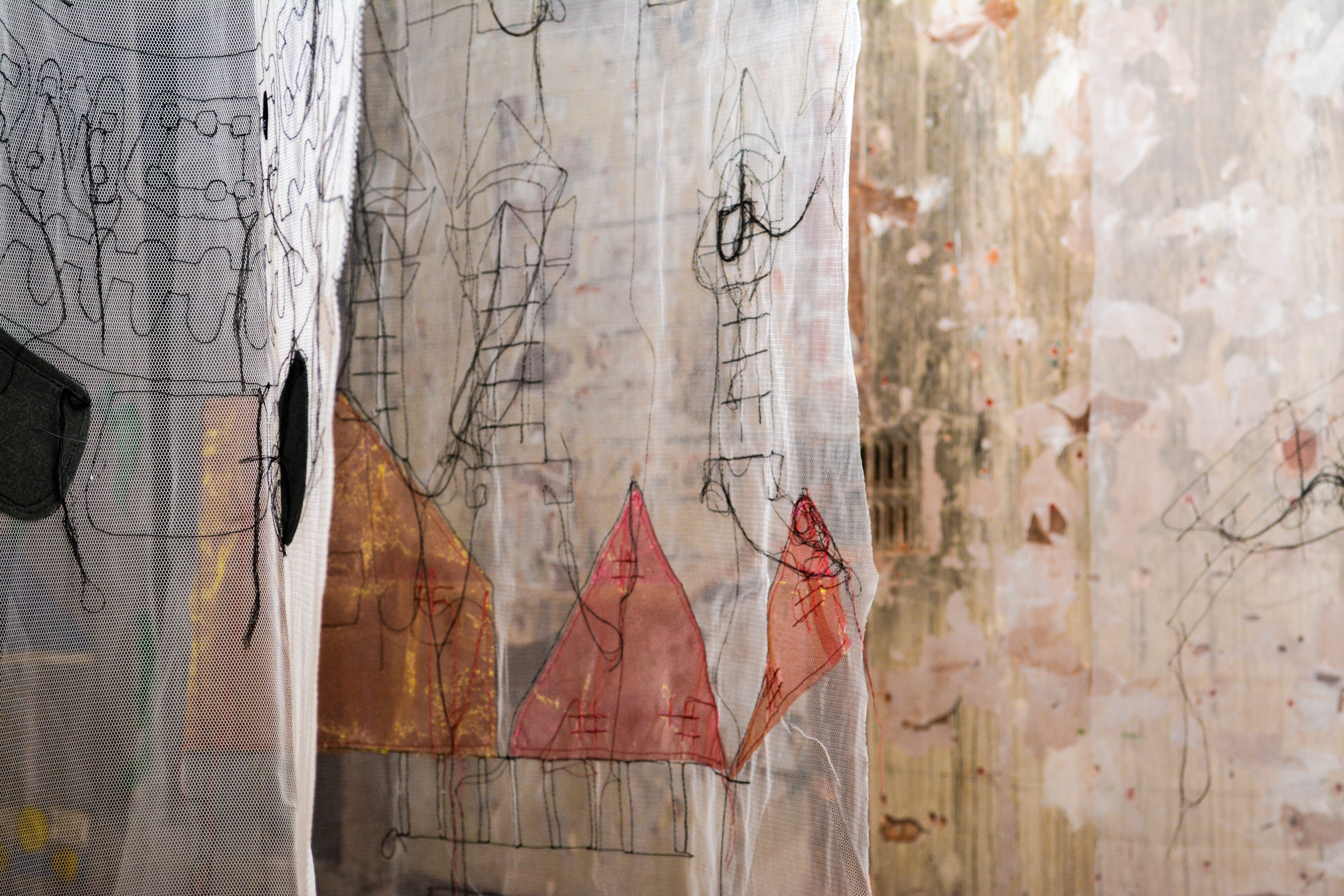
The UK government has recently announced that Applied General qualifications in England will remain as a route of study but will be subject to a formal review.
Ruben Hale, Deputy Director, explores this decision and the effects it will have on centres, UAL Awarding Body and the wider sector.
What are “Applied General” qualifications?
Applied General is the name given to a wide range of qualifications from many different awarding organisations. The majority of UAL Awarding Body’s qualifications fall into this category, as well as qualifications from several other awarding organisations including BTECs.
- At Level 3, they are usually designed to support progression to HE
- They usually have a vocational approach
- These qualifications are usually broad and provide students with specific interests with deeper opportunities to explore their chosen subjects.
What’s happening?
In the last four years, the government has reviewed 14-18 education in England. It has reformed A levels and GCSEs and proposed a new suite of Technical and Apprenticeship routes through education.
Having announced that Applied General qualifications will remain, the Department for Education (DfE) will team up with qualification regulator Ofqual to recommend an approach to reviewing these qualifications in the summer of 2017.
Why does this matter?
This government has been very keen on a clear, and quite simplistic, divide between academic and vocational subjects. With a review of these qualifications pending, this view could be detrimental to creative subjects, where job roles typically require the critical skills and adaptability afforded by an HE degree, and future employment competencies are less clearly defined.
The future needs of this sector are likely to change unpredictably – our designers, film-makers, media producers, directors, games designers, artists and fashion industry professionals will need the broad adaptive skills afforded by Applied General qualifications in order to maintain and grow the world-leading UK creative economy. It’s no accident that these skills delivered £84.1 billion (or 5.2%) of the UK economy in 2015.
Performance tables and creative subjects
In both Technical and Applied General qualifications, the DfE and government have promoted External Assessment as a way to drive comparability and quality. This exam-based model is very difficult to implement sensibly in creative subjects, meaning that comparability of grades comes at the cost of validity. The danger is that students are judged on outcomes that are easy and cheap to measure rather than relevant to their programme of study or needs.
What is UAL Awarding Body doing about this?
UAL Awarding Body is very fortunate to be part of Europe’s largest creative HE institution and a prominent supporter of the Creative Industries Federation. We understand the needs of the sector and the fact that – in order to thrive – our students need to explore, experiment, develop and then pull together outstanding learning over a meaningful period of study.
UAL Awarding Body qualifications continue to be highly regarded, attract UCAS points and funding, and are delivered across a growing number of centres in the UK. The innovation and confidence our qualifications promote and the support framework of training and events we provide continue to be highly popular with staff and students.
We recognise that the 16–19 Performance Tables are important for some centres, so we are carefully redesigning our Level 3 qualifications to meet the DfE’s requirements. This work is being undertaken in consultation with centres and in-line with our view that piecemeal and inappropriate assessments damage creative education. A small-scale and controlled pilot will launch during 2017/18.
We are also lobbying the DfE, with whom we have already had positive engagement. It’s important for us to work with DfE, Ofqual and any other bodies (including the new Institute for Apprenticeships and Technical Education) to promote a reframed definition of External Assessment and comparability for the creative sector.
UAL Awarding Body’s position
We want a joined-up education system that respects the needs and ambitions of students and different subjects. We believe this is compatible with maintaining standards and comparability, but it is currently unclear how the combined system, including a series of as yet undefined ‘bridging qualifications’ will function in the interests of learners.
How you can contribute
Whether you teach a creative subject, head up a creative department or are a senior manager please come to our events, and share your experiences and knowledge with us. Alternatively, please contribute to our LinkedIn group or drop an email to comms.awarding@arts.ac.uk with ‘Applied General’ in the subject line. We draw fantastic insights and evidence from you and hugely appreciate your support and input.

